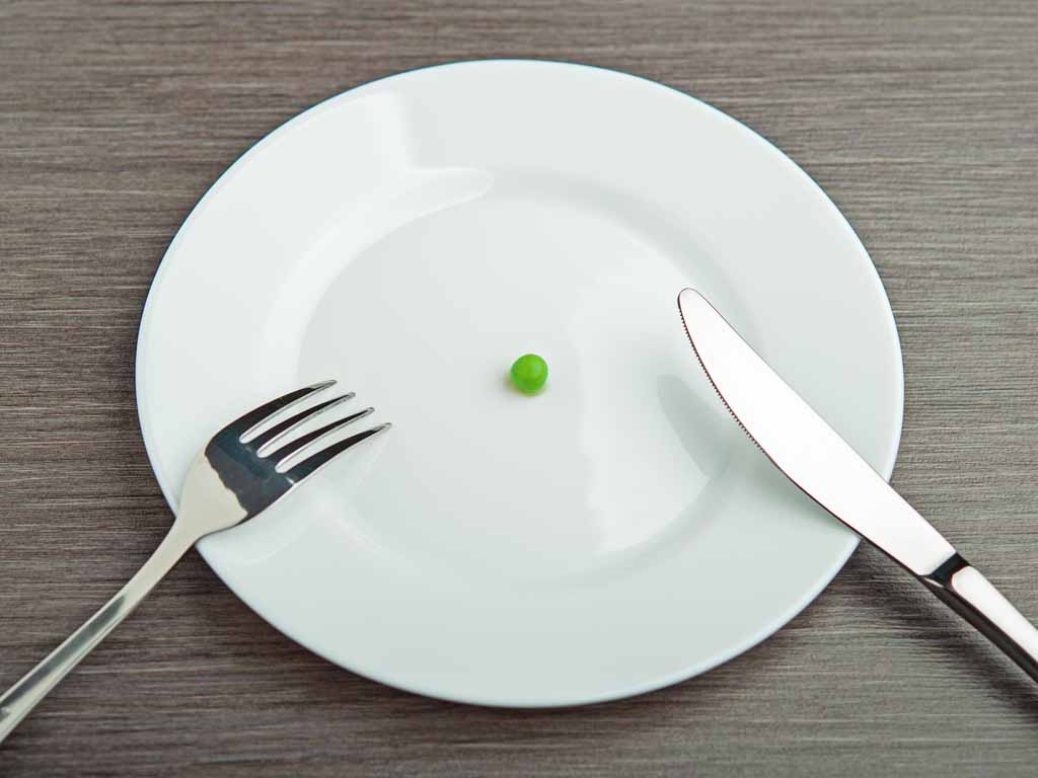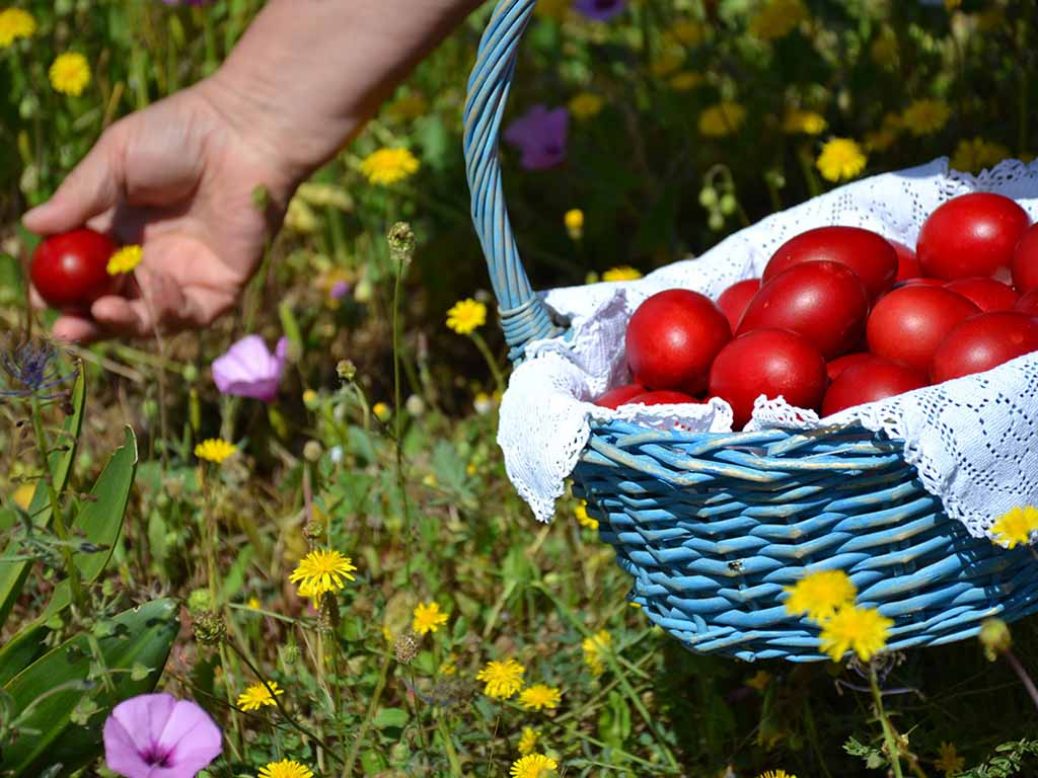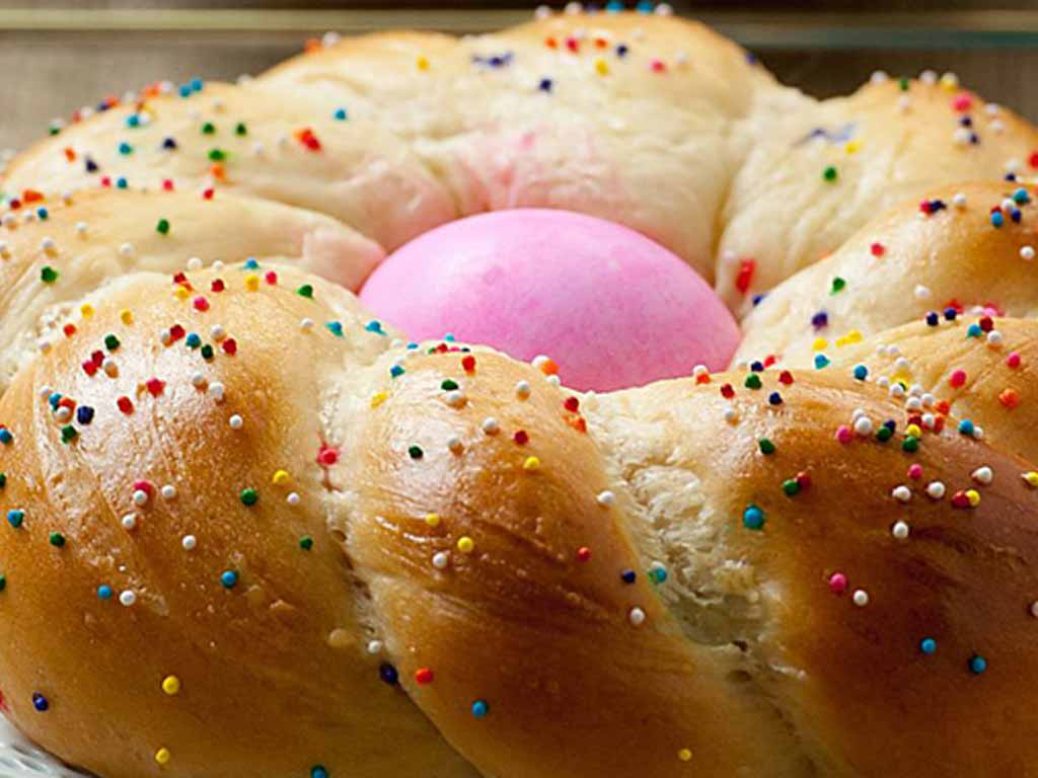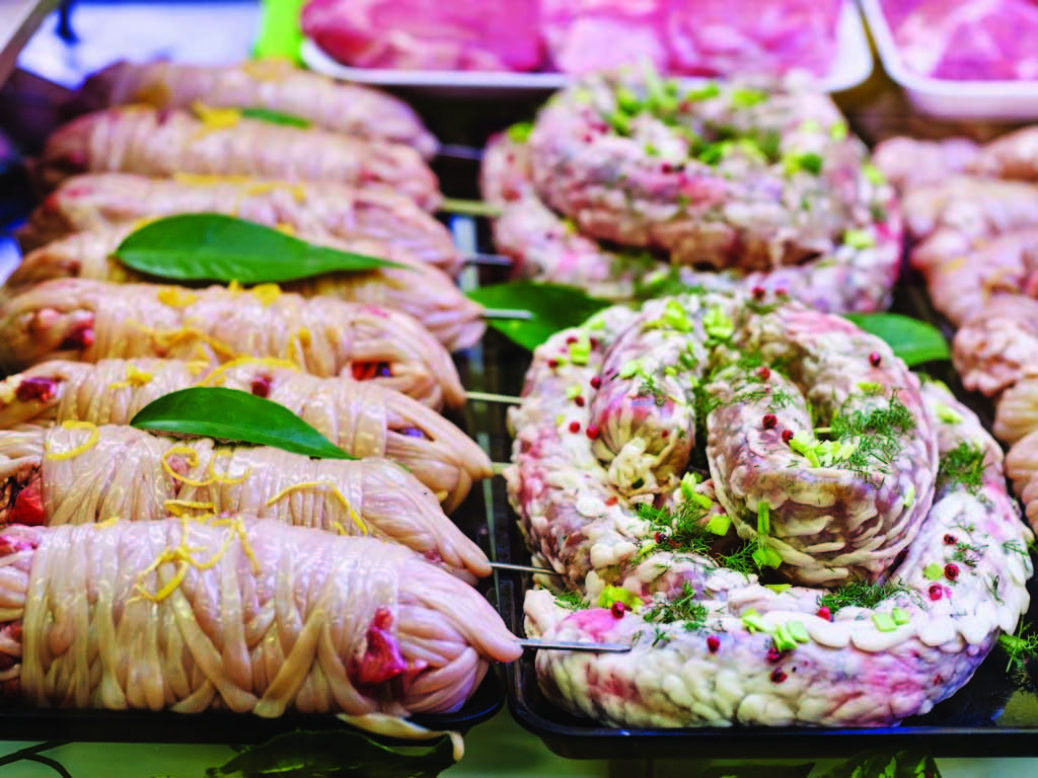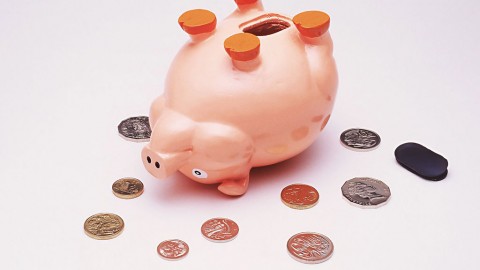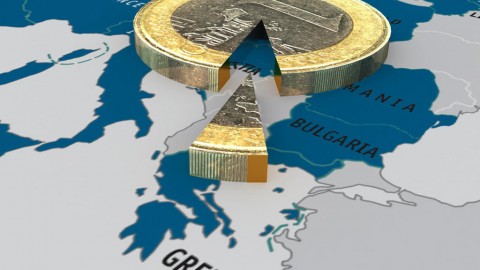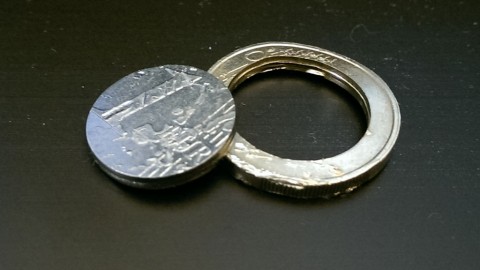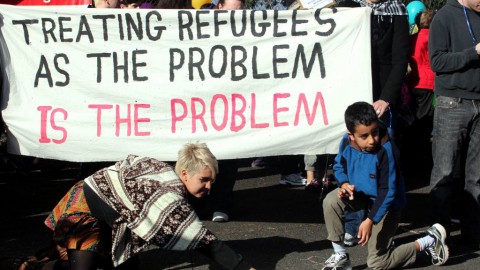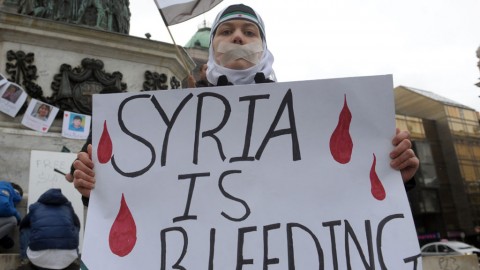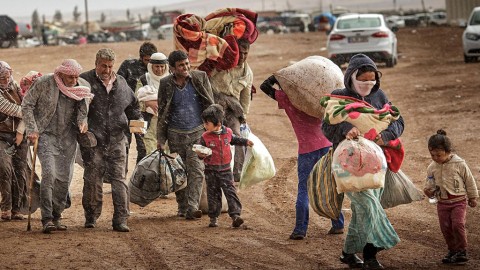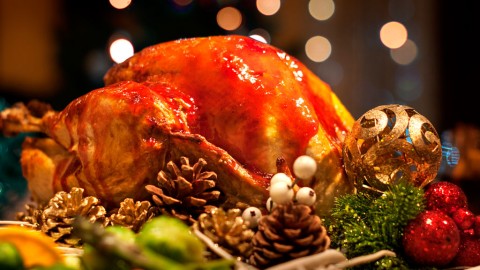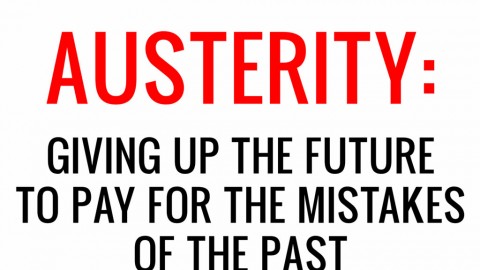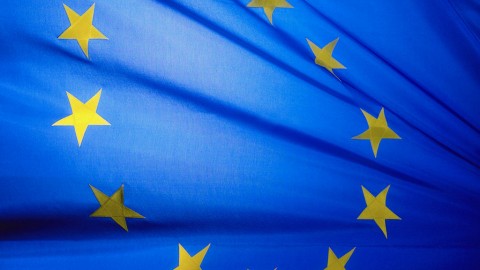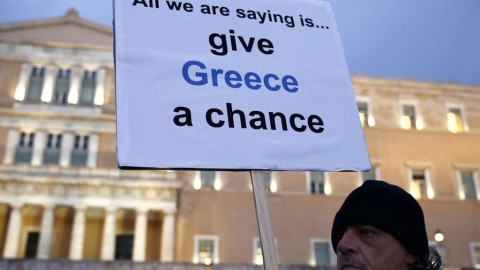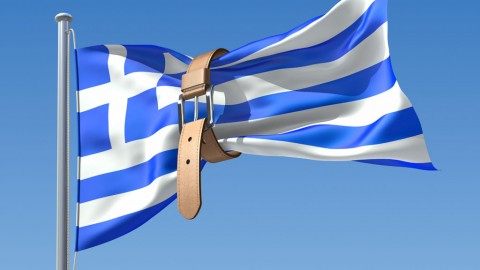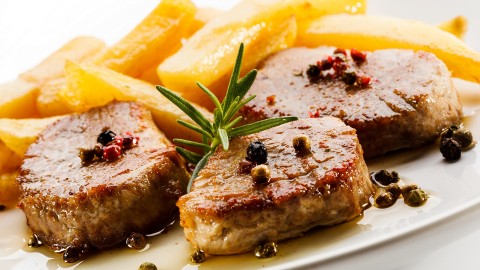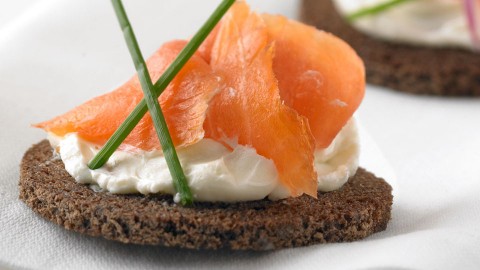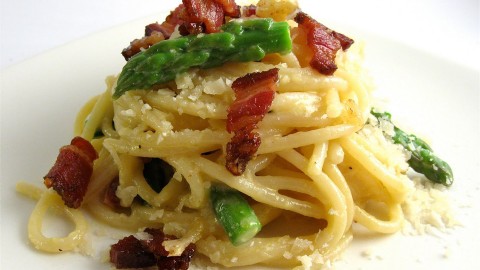Easter in the 10s is entirely different from what it used to be. Like every custom, it evolves and adjusts to a given era and to people’s needs, limits and priorities. Let’s take a close and careful look at the approach of our times and the causes behind the changes that have taken place.
First and foremost, Easter is primarily a religious holiday – the most important one in the Orthodox faith. Therefore, the first and greatest differentiation compared to the Easter of previous decades is the degree to which it is experienced as a religious celebration; and this has, indubitably, decreased significantly. On one hand, urbanization; on the other, the Church’s inability to follow the times; both facts have led to the same result: churches are full of “worshipers” only on Good Friday (because that’s when the epitaphios is happening, ergo a walk, so we can show off our new coiffure and then we can go eat fish) and on Holy Saturday for the Resurrection (23:55-00:05 so we can then go home and eat magiritsa, we’re starving). Who, nowadays, knows the Hymn of Kassiani, the Holy Unction early in the evening of Holy Wednesday, the 12 Gospels of Holy Thursday, the wonderful chants of the Resurrection liturgy after midnight? The conversion of Easter to – yet another – social holiday has led to its complete de-spiritualization. We experience social folklore in hysteric hair salons early in the evening of Holy Saturday; we run to the mall to buy candles that cost 5 euros and last 5 minutes; and, all in all, never have so many dressed so smartly for such a short amount of time. Of those who have distanced themselves from religion, very few have the guts to not participate (by choice) to this circus and treat Holy Saturday like any other Saturday. Most of them are dragged into “inevitable” traditions because there is always a mother or grandmother nagging in the background. Maybe because Easter is, in itself, a very strong tradition – despite its religious character.
Moving on to food. Fasting in the 10s is no longer bread and olives. It is white taramasalata, cheap baby squid, cheese substitute, healthy Nutella, fish burger, vegetarian kebab, cranberry halva, magnificent potato pies from the countless bakeries that spring on every corner to satisfy a basic sentimental need; the bakeries that serve as an indication of our abrupt return to reality with the most basic of goods – bread – (since the big bad wolf came and took everything else). And when Easter Sunday does come, two thirds of the table do not eat sheep (as they don’t eat it the rest of the year), either because it smells or because there is not enough and they make do with burgers and pork chops, smartphone always in hand. Only Coca Cola became Zero or Green Cola; the salad is left untouched like it does on every Greek family gathering that respects itself and the triglycerides of the attendees; and the kokoretsi continues to be relished by those lucky ones who actually like it. On a strictly dietary level, fasting is a disproportionate carbohydrate party when it was supposed to be merely a “technique” to help us avoid animal products. Removed as far as possible by the deeper meaning of deprivation and frugality, as a spiritual choice, it ends up dietarily imbalanced in connection to the so-called “non-fasting” whole-wheat toast with turkey. But what can you do? We need points of reference, foundations, connotations, experience invocations, the taste of a lost childhood in order to move on…
And what about the family reunion? Your whole being rebels against the notion but you end up going anyway. You know what you’re going to hear: “You’re way too thin!”, “You’ve gained weight!”, “Aren’t you married yet?”, “Still no job?”, “What’s with the hair?”, “You cousin Fofo is expecting her second!”, “Your aunt is too good for the likes of us”, and many others that, upon hearing, you can literally feel a stroke coming up. And yet, admit it, you love to hate them because they make you feel so very modern and alternative. You can always keep in mind that, even if you got married to the President of the US, the village will always find some piece of news even more fresh and spicy to gossip about.
For the unfortunate students of the Greek educational system, the Easter holidays could serve as a little respite from the horrors of memorizing book after book; yet the histrionic Greek mother who wants to see her offspring working for NASA keeps filling the child’s schedule from Holy Monday to Holy Thursday with tutorials and ballet classes. And on the evening of Easter Sunday, right after the visit to aunt Tasia’s, it’s time for the “Happy Holidays” series of prep books, the epitome of Greek petty bourgeoisie that has de-legalized free time at the expense of the child’s sentimental balance. Perhaps the expectation of the 5-day trip for those lucky enough to be seniors in high school is worth the trouble; that is, if it hasn’t become a midnight summer’s dream due to fear of accidents or the family’s lack of money.
This approach does seem a bit depressive; but Easter is not. It’s a Resurrection – and, as such, an insurrection. You don’t have to receive Holy Communion to taste it; you can chose your own mini Golgotha to reach your own personal “Christ has risen”. I propose abstinence from the internet; from politics; from sweets; from whatever has you tied up in dependence. Eat cheese pie on Good Friday. But look at the people sitting around the family table with a different outlook. Show understanding and respect to the viewpoint of others. We are free individuals; no one is restricting us anymore. Have a happy Easter holiday – with health above all!
current_Panos








